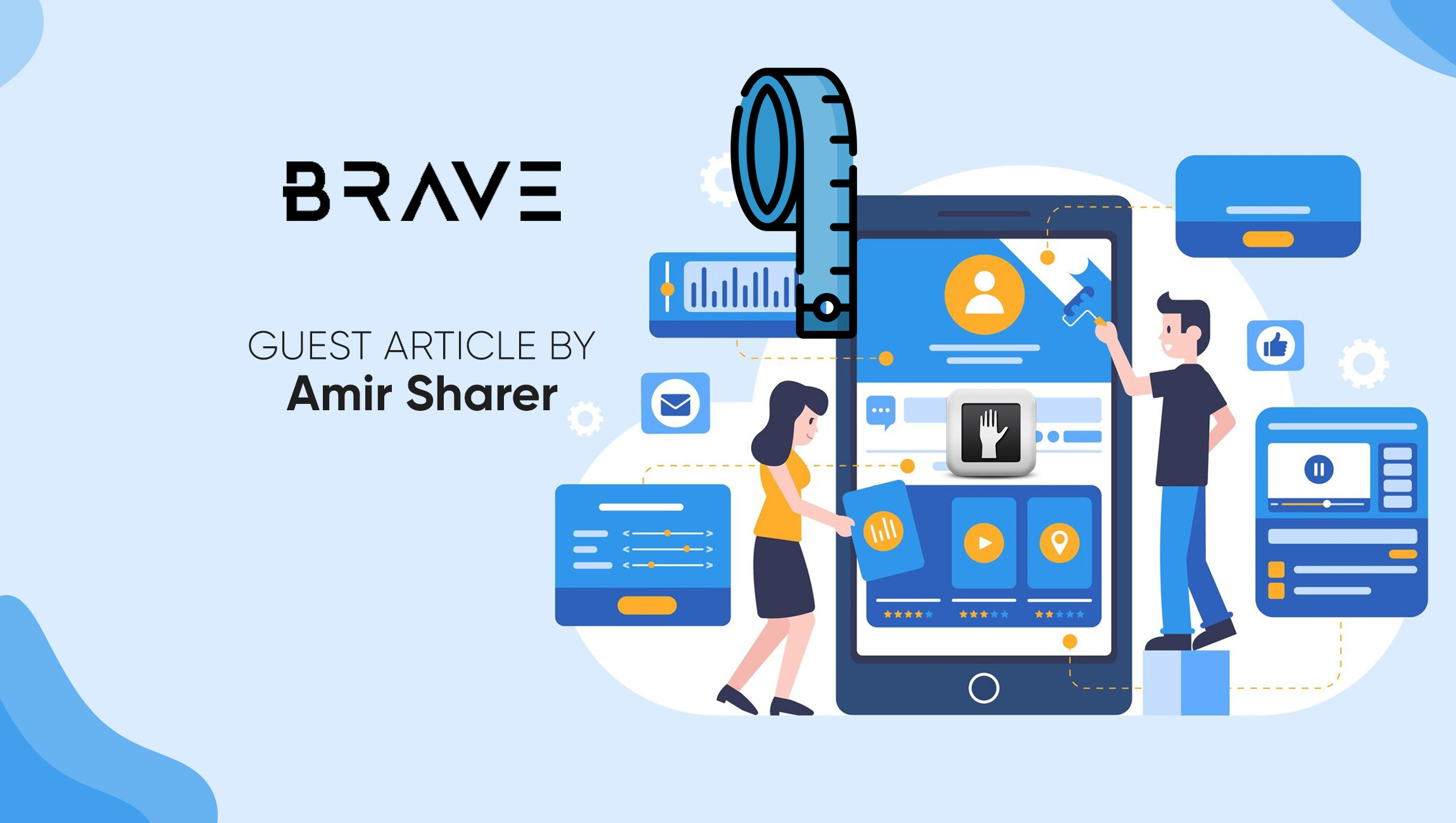Amir Sharer explores the impact of IAB Tech Lab’s Open Measurement SDK on industry standardization, Transparency, and growth for app developers, publishers, marketers, and ad-tech vendors:
_______
While many are predicting the end of the open web, recent data from Insider Intelligence proves we’re moving in quite the opposite direction, to say the least.
In 2023, for the first time since 2014, the combined market share of digital advertising by Google and Meta fell below 50%, to 48.4%. The trend is expected to continue, with the market share predicted to drop further to 44.9% in 2024. Despite accounting for Amazon and TikTok, the dominance of the leading platforms in the digital advertising market is still decreasing.
Despite the apparent decline in market share of some industry giants, this development can be misleading. As evidenced by Meta’s strong quarterly results, the digital ad businesses of these industry titans are, in fact, still growing. Here’s the kicker: It’s the entire digital advertising market that’s growing and much of that growth is in the open web.
A significant challenge for advertisers on the open web is the lack of standardized campaign measurement. When marketers purchase ads on a given platform, the platform itself gains access to all the data, therefore making it relatively easy to provide marketers with actual measurement-based reporting.
On the open web, there are more vendors and partners involved in serving an ad to a user, making campaign measurement in this setting more of a challenge.
IAB Tech Lab’s Answer: An Open Measurement SDK
To address the measurement challenges on the open web, The IAB Tech Lab initiated the development of an Open Measurement Software Development Kit (SDK), enabling the standardization of measurement across the open web.
An SDK is a collection of software tools that facilitate the creation of an application. In this case, the application is a measurement solution that evaluates the performance of an ad campaign on any given app or publisher.
For app developers and publishers, there are many meaningful benefits to integrating a single measurement SDK. Firstly, it means they won’t need to install multiple SDKs to ensure accurate measurement, reducing integration and maintenance efforts. Secondly, if most publishers and vendors use one measurement SDK, campaign results across apps and publishers in the open web will become more standardized, creating benchmarks for performance and transparency, as well as increasing the campaign volume agencies and marketers run on the open web.
To take this further, app developers and publishers aren’t the only ones who benefit from the industry adoption of the Open Measurement SDK. Standardization would make it easier for marketers and agencies to work with ad tech vendors because they’d receive standardized measurement reports across vendors, app developers, and publishers – not to mention that ad tech vendors won’t need to develop and manage their own measurement SDK.
To ensure the success of this initiative, the Tech Lab regularly engages with app developers, publishers, and ad tech vendors to ensure they’re complying with the Open Measurement SDK.
Marketing Technology News: MarTech Interview with Christina Mautz, EVP of Marketing @ Valid8 Financial
Marketers Benefit Too
While app developers, publishers, and ad tech vendors benefit from reduced integration and maintenance, as well as the overall opportunity this standardization enables, marketers and their agencies also stand to gain from an Open Measurement SDK.
The aforementioned decrease in market share by the leading platforms proves that marketers are seeking opportunities on the open web. I believe that in-app advertising is one of the most effective opportunities for marketers.
This is one of the reasons I’ve recently joined the IAB Tech Lab. At BRAVE, a leading omnichannel Supply-Side Platform (SSP), we’re able to connect brand advertisers with the most relevant target audiences through traffic shaping, real-time optimization, and curated inventories. In our experience, we’ve succeeded in placing in-app ad campaigns for marketers in a broad range of verticals, including consumer packaged goods (CPG), retail and eCommerce, media, and entertainment.
With our industry knowledge and experience, our team at BRAVE is active in several Tech Lab working groups, including the Open Measurement, Programmatic Supply Chain, and Sustainability Working Groups.
In-App: A Programmatic Supply Chain Opportunity
The mobile phone is an inherently personal device that can provide marketers with relevant targeting signals including geolocation, device type, and app usage patterns. Therefore, in-app targeting enables marketers to overcome some of the challenges experienced on the web and mobile web due to the implementation of privacy changes.
Given the strong potential for in-app advertising, the industry must work together to ensure that in-app campaigns across apps can provide marketers with trusted metrics and reporting, making the Tech Lab’s Open Measurement SDK initiative essential. By working to ensure that companies in the in-app ad supply chain are compliant and working with the Tech Lab’s Open Measurement SDK, we’ll transcend into an enriched and profitable market for app developers, publishers, marketers, and ad-tech vendors alike.
Marketing Technology News: Three Essential Strategies for Managing Complex B2B Buying Groups



